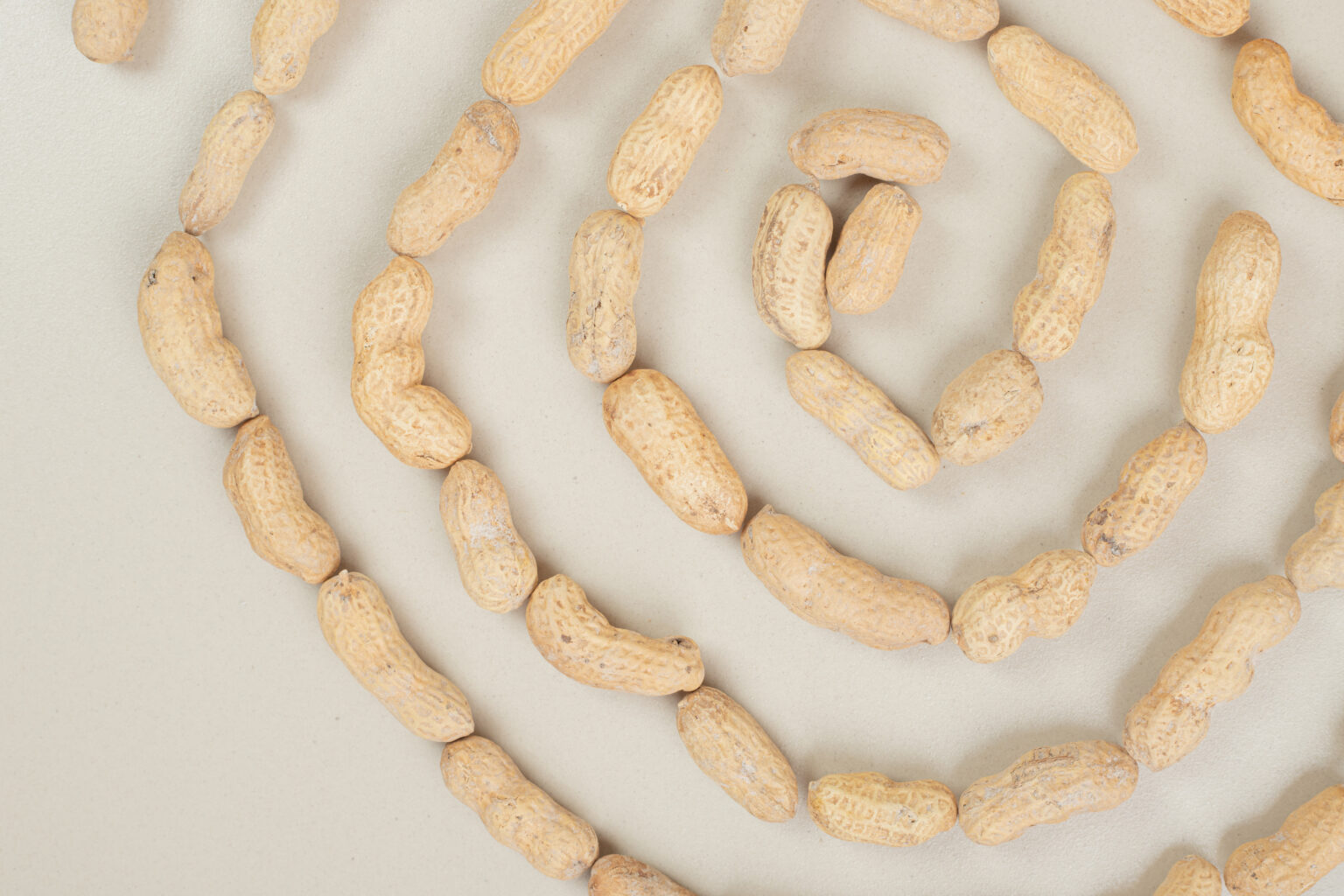Air travel has become an integral part of our lives, offering convenience and accessibility to destinations around the world. However, for individuals with peanut allergies, flying can pose potential risks and challenges. Peanut allergies are one of the most common food allergies, affecting millions of people worldwide. It is crucial for those with peanut allergies to take appropriate precautions when traveling by air to ensure a safe and comfortable journey. In this article, we will discuss the precautions and recommendations for individuals with peanut allergies when flying.
- Inform the Airline: Before your flight, it is essential to inform the airline about your peanut allergy. Most airlines have policies in place to accommodate passengers with allergies, including peanut allergies. By notifying the airline in advance, they can take necessary measures to minimize the risk of exposure to peanuts during your flight. Some airlines may even create a buffer zone or announce a peanut-free zone in the cabin to create a safer environment.
- Carry Medications: Individuals with peanut allergies should always carry their prescribed medications, such as antihistamines and epinephrine auto-injectors (e.g., EpiPen). In case of accidental exposure or an allergic reaction during the flight, these medications can provide immediate relief and potentially save a life. Ensure that your medications are easily accessible, and inform the flight attendants and fellow passengers about their location.
- Wipe Down Your Seat Area: Before settling into your seat, take a few moments to wipe down the tray table, armrests, and surrounding surfaces with sanitizing wipes. This precautionary step helps remove any peanut residue that might have been left behind by previous passengers. While airlines usually clean the aircraft between flights, it’s always better to take extra precautions to reduce the risk of exposure.
- Avoid In-Flight Meals: To minimize the chance of accidental peanut exposure, it is advisable for individuals with peanut allergies to avoid in-flight meals, especially those that contain nuts or peanuts. Many airlines offer alternative meal options, such as vegetarian or gluten-free meals, which can be a safer choice. However, it is important to inform the airline in advance about your dietary restrictions.
- Pack Safe Snacks: To ensure a comfortable journey, pack your own snacks that are free from peanuts or any potential cross-contamination. This way, you have full control over the food you consume during the flight. Opt for individually wrapped snacks or pre-packaged items with clear ingredient labels, verifying that they are peanut-free.
- Create a Comfortable Environment: Consider carrying a face mask or a scarf to cover your nose and mouth, as airborne particles can sometimes trigger allergic reactions. Additionally, maintaining good hand hygiene by frequently washing or sanitizing your hands can help reduce the risk of inadvertent peanut exposure.
- Educate Your Travel Companions: If you are traveling with friends or family, it is crucial to educate them about your peanut allergy and the necessary precautions. Ensure they understand the severity of the allergy, how to use emergency medication if needed, and the importance of avoiding peanuts during the flight. Their cooperation and support can significantly contribute to a safe and worry-free travel experience.
- Consult Your Allergist: Before embarking on a trip, consult your allergist or healthcare provider for personalized advice and recommendations. They can provide specific guidelines based on the severity of your peanut allergy, recent developments in treatment options, and other factors unique to your situation.
Individuals with peanut allergies can still enjoy air travel by taking appropriate precautions and following these recommendations. By informing the airline, carrying necessary medications, maintaining a clean environment, and being proactive in managing your allergies, you can reduce the risks associated with peanut exposure during flights. Remember, preparation and communication are key to ensuring a safe and pleasant journey for everyone, even for those with peanut allergies.








